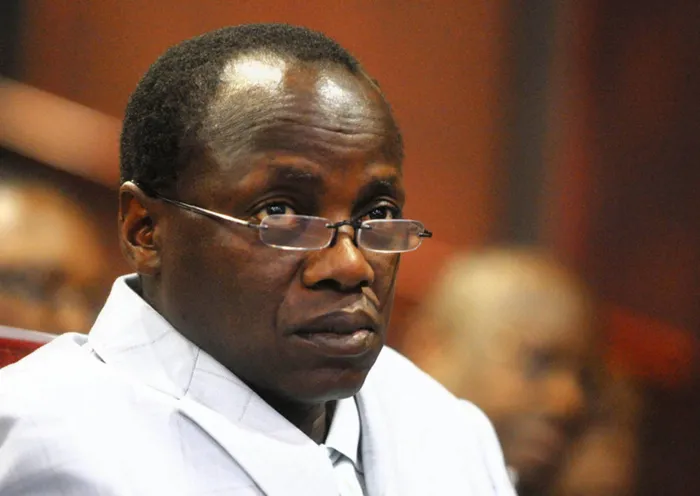
Minister in the Presidency Collins Chabane. File photo: Sizwe Ndingane Minister in the Presidency Collins Chabane. File photo: Sizwe Ndingane
Nedlac is important for developing policies leading to economic growth, Minister in the Presidency Collins Chabane said on Friday.
He said the National Economic Development and Labour Council had seen improved policy-making since its inception in 1995.
“Our track record over the last 20 years must inspire us... for the next 20 years,” he told Nedlac's 18th annual summit in Johannesburg.
However, with the global economic recovery being fragile, South Africa's labour relations market had become increasingly unstable.
“Slower growth is not our only problem. Our labour relations have become increasingly conflictual... and violent,” Chabane said.
As a result, the social dialogue created through previous Nedlac summits was potentially unravelling.
“It's critical for us as social partners to assess and understand,” the minister said.
“We cannot ignore these challenges as an institution... The recent outbursts of labour relations adversarialism should not have reached a country with such a rich history of social dialogue.”
Chabane said government had not been engaged enough by labour, business, or community representatives through Nedlac.
They rather opted to approach government directly, when instead Nedlac provided the forum where matters of concern could be addressed.
SOCIAL DIALOGUE NEEDED
He urged the social partners' leaders to lead the thought process of how to stabilise the labour market and reduce adversarialism.
“Social dialogue is not an event but a process. At times it is quick. At times it is painfully slow.”
He said Nedlac remained relevant, but possibly its mandate needed to be reviewed and adjusted.
Cosatu acting general secretary and deputy general secretary Bheki Ntshalintshali, speaking before Chabane, said Nedlac was a part of the negotiated social dialogue.
“If we are to take social dialogue seriously, some priorities need to be negotiated. Nedlac, in that, cannot be an after thought,” he said.
The social dialogue within South Africa at this time was “under stress... everywhere”.
Earlier, Labour Minister Mildred Oliphant said both business and labour were to blame for the current strife within the country's labour relations market.
“We allow a situation where there will be a deadlock... then you will go back to the negotiating table after the strike has happened,” the minister said.
“Why are we allowing that to happen?”
While strike action was a form of democratic expression, without a functioning social dialogue the country could not move forward.
“Social dialogue will always be the baby steps we take to be a successful country,” she said.
“Let us work together in solving all the challenges in this country.”
Business Unity SA (Busa) CEO Nomaxabiso Majokweni said if South Africa was to move towards a new trajectory, all social partners needed to unite behind a socio-economic vision.
“The challenge is to implement policies and not just talk about them. We need to move into another gear of action,” she said.
South Africa, like other countries, was still experiencing economic growth below its potential.
“We are a boxing champion using one fist to fight instead of two,” said Majokweni.
“A greater commitment to social dialogue is required.”
On the wave of strikes currently taking place in different sectors, Majokweni said: “It's important for us to get to the bottom of how we got here. How on earth did we get here?” -Sapa
